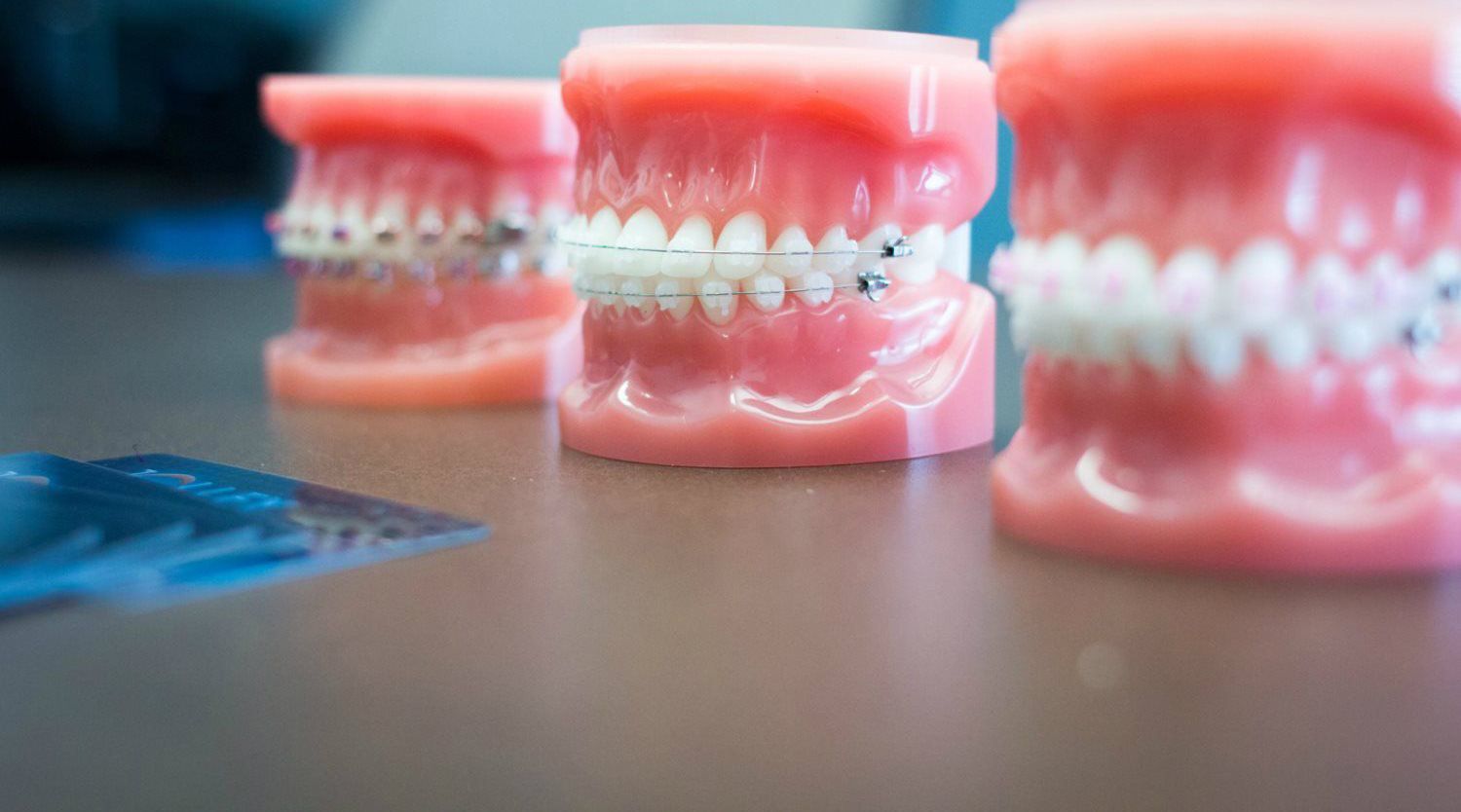

When it comes to your smile, picking the right professional makes all the difference. You might be curious about the distinctions between a board-certified orthodontist, a non-certified orthodontist, and a dentist who offers braces. Let’s dive into what sets these professionals apart and why board certification is so important.
First, let's break down the educational paths these experts take. Every orthodontist begins as a dentist, completing dental school to earn their DDS (Doctor of Dental Surgery) or DMD (Doctor of Medicine in Dentistry) degree. After that, those who want to specialize in orthodontics spend an extra two to three years in a rigorous orthodontic residency program. This training gives them the skills to diagnose, prevent, and treat dental and facial irregularities.
Not every orthodontist opts for board certification, which is a voluntary, challenging process overseen by the American Board of Orthodontics (ABO). Board certification is a testament to an orthodontist’s dedication to excellence and lifelong learning. Here’s what it takes to become board-certified:
Pass a Written Examination: This comprehensive test covers all areas of orthodontics and dental facial orthopedics, ensuring a deep understanding of the field.
Undergo an Oral Clinical Examination: This phase evaluates the orthodontist’s knowledge, clinical skills, and judgment through real-life scenarios.
Commit to Continuing Education: Board-certified orthodontists must renew their certification every 10 years, showing their dedication to staying current with the latest advancements and maintaining high standards of care.
Dr. Jolley, for instance, recently renewed his board certification, underscoring his commitment to providing exceptional care.
While non-certified orthodontists have completed their specialized training and are qualified to practice, they haven't taken the extra step of board certification. This doesn’t mean they lack skill or expertise, but board certification adds an extra layer of trust and commitment to the highest standards of the profession.
Some general dentists offer orthodontic treatments, including braces and clear aligners. While they may provide basic orthodontic care, their training in this area isn't as extensive as that of an orthodontist. Dentists receive some orthodontic education during dental school, but it doesn’t compare to the focused, in-depth training that orthodontists get during their residency programs.
Choosing a board-certified orthodontist ensures that you're receiving care from someone who has proven their knowledge, skill, and dedication to orthodontics. Board-certified orthodontists are committed to continuous improvement and staying up-to-date with the latest advancements in orthodontic treatment. This means better care and results for you.
Your smile is a big part of who you are, and investing in the right orthodontic care is essential. By choosing a board-certified orthodontist like Dr. Jolley, you can be confident that you're in the hands of a highly qualified professional dedicated to providing the best possible outcomes.
If you have any questions or want to learn more about the benefits of choosing a board-certified orthodontist, feel free to contact Jolley Orthodontics. We’re here to help you achieve the smile of your dreams with the highest level of care and expertise.
Posted on 11/07/2024 at 09:47 AM